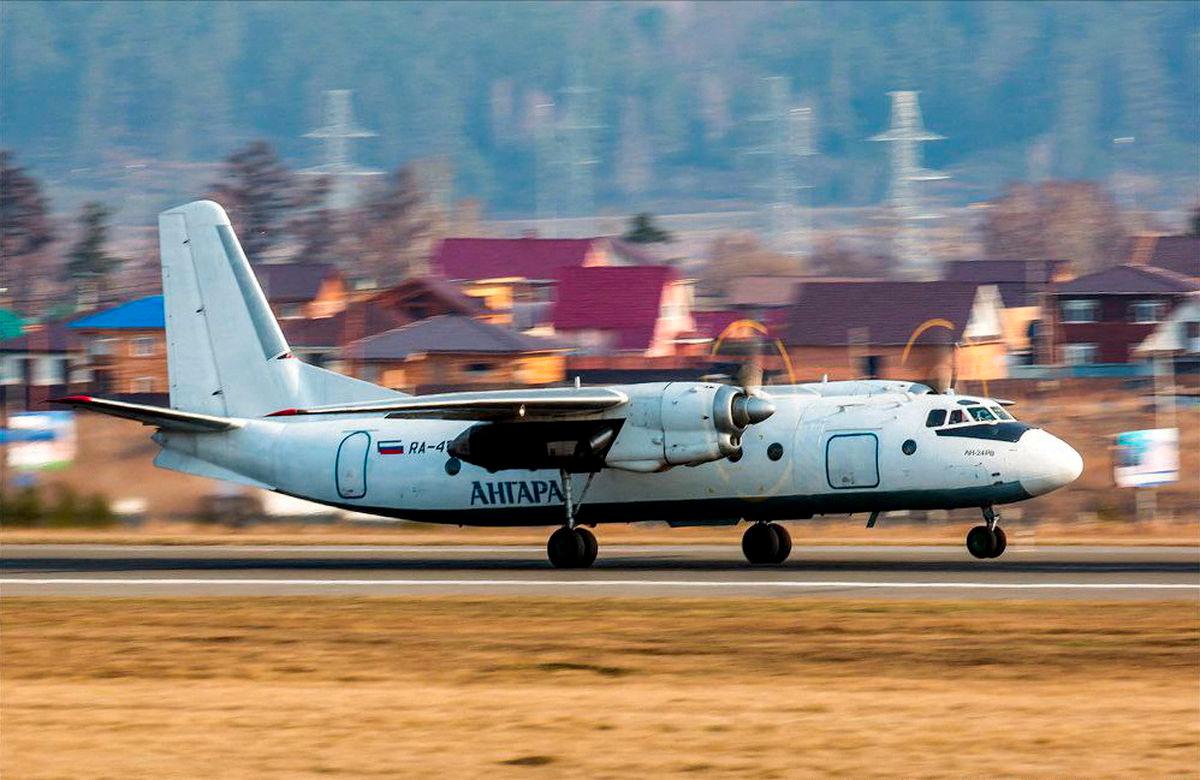MOSCOW: A spot check on Angara Airlines, which operated the Antonov An-24 plane which crashed in Russia’s far east on Thursday killing all 48 on board, had uncovered serious safety violations a month beforehand, the Izvestia news outlet reported on Friday.
The plane, which was 49 years old, crashed as it prepared to land, in an incident that highlighted the use of old, Soviet-era aircraft and raised questions about their viability, with Western sanctions limiting access to investment and spare parts.
Russia’s transport ministry said on Friday that aviation and transport regulators would investigate the privately-owned Angara’s activities to check if it is complying with federal aviation rules before taking a decision about its future.
Vasily Orlov, the governor of the Amur region where the plane came down, said on Friday that investigators were working on the crash site and that there were two main theories about what had caused it: technical failure and pilot error.
The plane’s black boxes had been recovered and were being sent to Moscow to be studied, he said.
Citing documents it had seen from Russia’s airline and transport regulators, Izvestia said that transport safety inspectors had carried out a spot check on Angara in June which had uncovered concerns related to the servicing of its planes.
Eight of Angara’s planes had been temporarily grounded due to the inspection, it said, and four of its technical staff temporarily banned from carrying out technical inspections.
Angara and Rostransnadzor, the transport regulator, did not immediately respond to requests for comment, and Reuters could not independently verify the details of the inspection.
Izvestia said that inspectors had drawn attention to the fact that the company’s documents had shown that planes had sometimes purportedly been serviced by staff who other documents showed were not working on the relevant days.
The standard rules and methods of servicing were also not being followed by staff, some of whom did not have the necessary qualifications for such work, Izvestia said.
In one instance, documents showed that a special piece of testing equipment needed to check a plane’s control panel had not been physically issued even though other documents showed someone had signed off that the test had been done.
“I ask you to present a plan to fix the violations identified, a report about the reasons for them, and measures being taken to ensure they do not occur,“ a letter from Rostransnadzor, the transport regulator, to Angara sent after the inspection said, according to Izvestia. - Reuters









